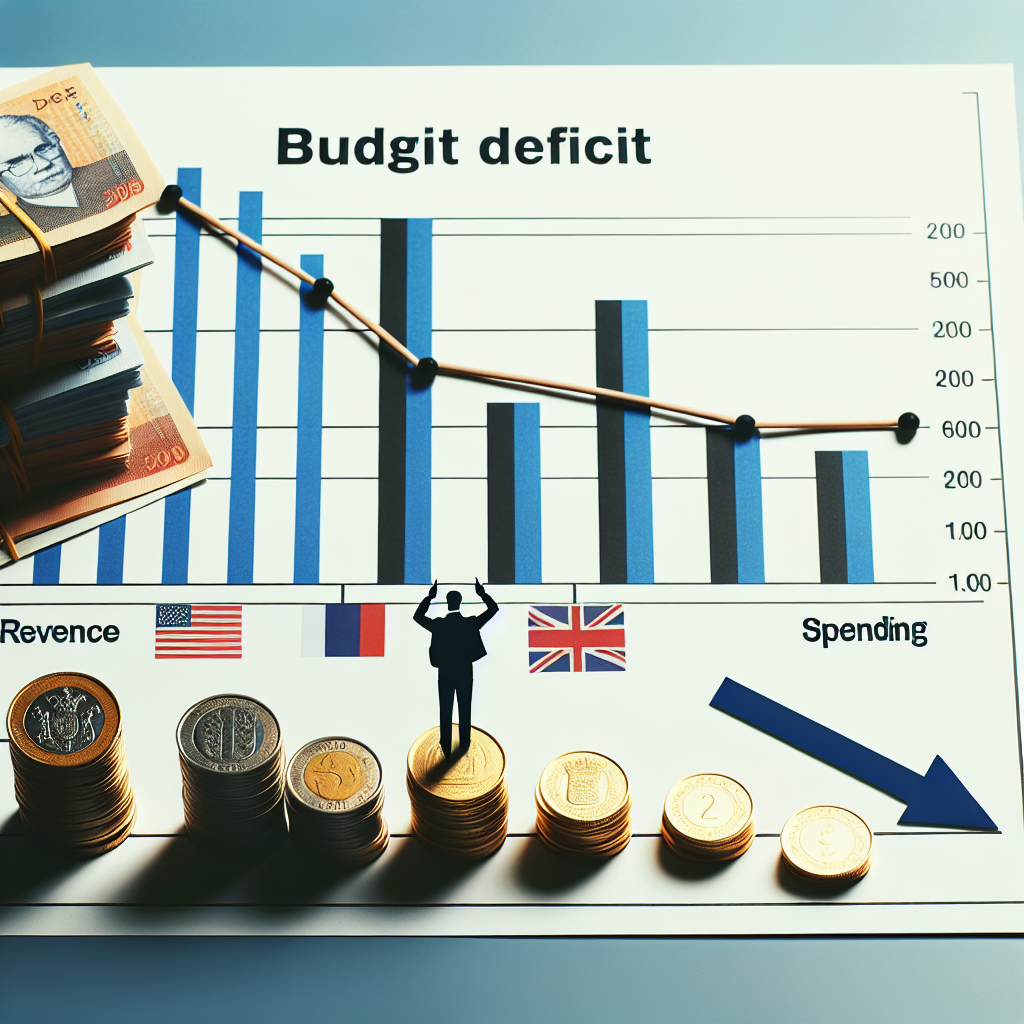Record U.S. Deficit Sparks Fiscal Debate Ahead of Election
The U.S. budget deficit for 2024 rose to $1.833 trillion, driven by increased interest on federal debt and spending in social programs. This fiscal gap may influence upcoming election debates, with significant differences in debt impact between candidate proposals.

The U.S. budget deficit surged to $1.833 trillion for fiscal year 2024, marking the largest outside the COVID-19 era, the Treasury Department reported on Friday. Significant factors include federal debt interest exceeding $1 trillion, along with increased spending on Social Security, health care, and military expenses.
The year ended September 30 reflected an 8% deficit increase, or $138 billion more than fiscal year 2023's $1.695 trillion. The current deficit is the third-largest in U.S. history, superseded only by the COVID-19 relief deficits of previous years. The fiscal 2023 deficit benefitted from a reduction linked to the annulled student loan program.
The budget gap, at 6.4% of GDP, poses potential challenges for Vice President Kamala Harris in upcoming fiscal debates against Donald Trump, whose policies could add significantly more to the national debt. September concluded with a $64 billion surplus, aided by calendar-adjusted benefit payments, despite a marginal government deficit sans adjustments.
(With inputs from agencies.)










